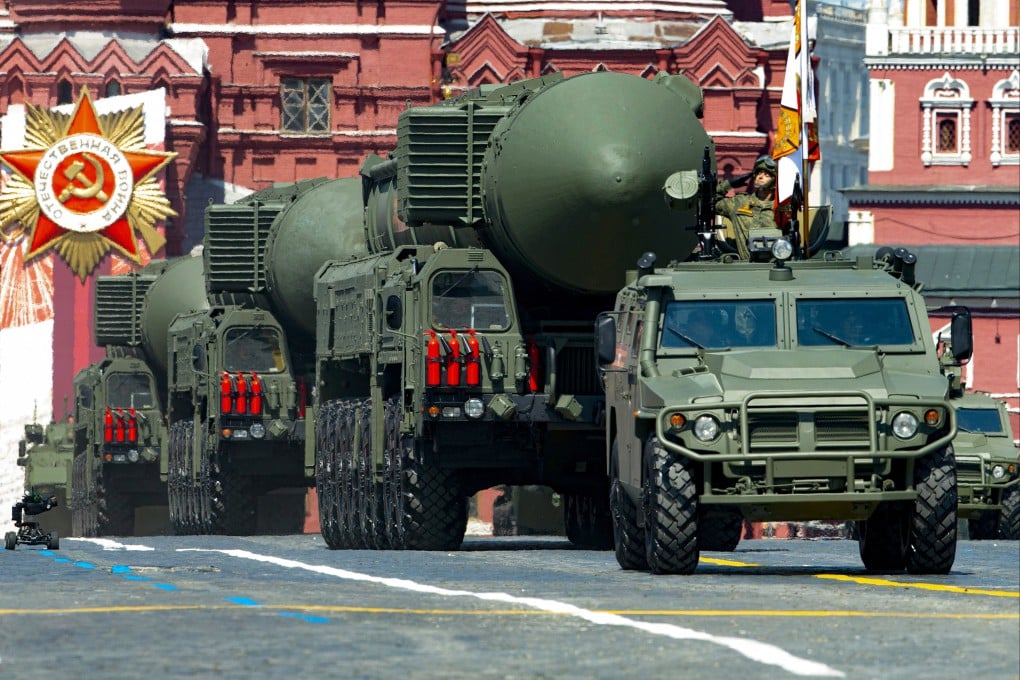How Putin’s Belarus nuke plan tangles China’s Ukraine peace push
- The Russian and Chinese presidents vowed just last week to not station nuclear weapons abroad
- A series of European leaders are expected to visit Beijing to urge it to pressure Moscow

While the White House said there were no signs Moscow planned to use its nuclear weapons, Russian President Vladimir Putin’s announcement on Saturday was seen as a warning to the US-led Nato over its military support for Ukraine.
“All nuclear-weapon states should refrain from deploying nuclear weapons outside their territories and should withdraw those deployed outside their territories,” the document says.
The announcement also came as China, facing widespread criticism of Beijing’s quasi-alliance with Moscow, stepped up its efforts to position itself as a peace broker on Ukraine ahead of a slew of diplomatic visits to China by European leaders.
China’s recent proposal to negotiate a peace agreement between Russia and Ukraine is expected to be high on the agenda when Spanish Prime Minister Pedro Sanchez meets Xi in Beijing this week.